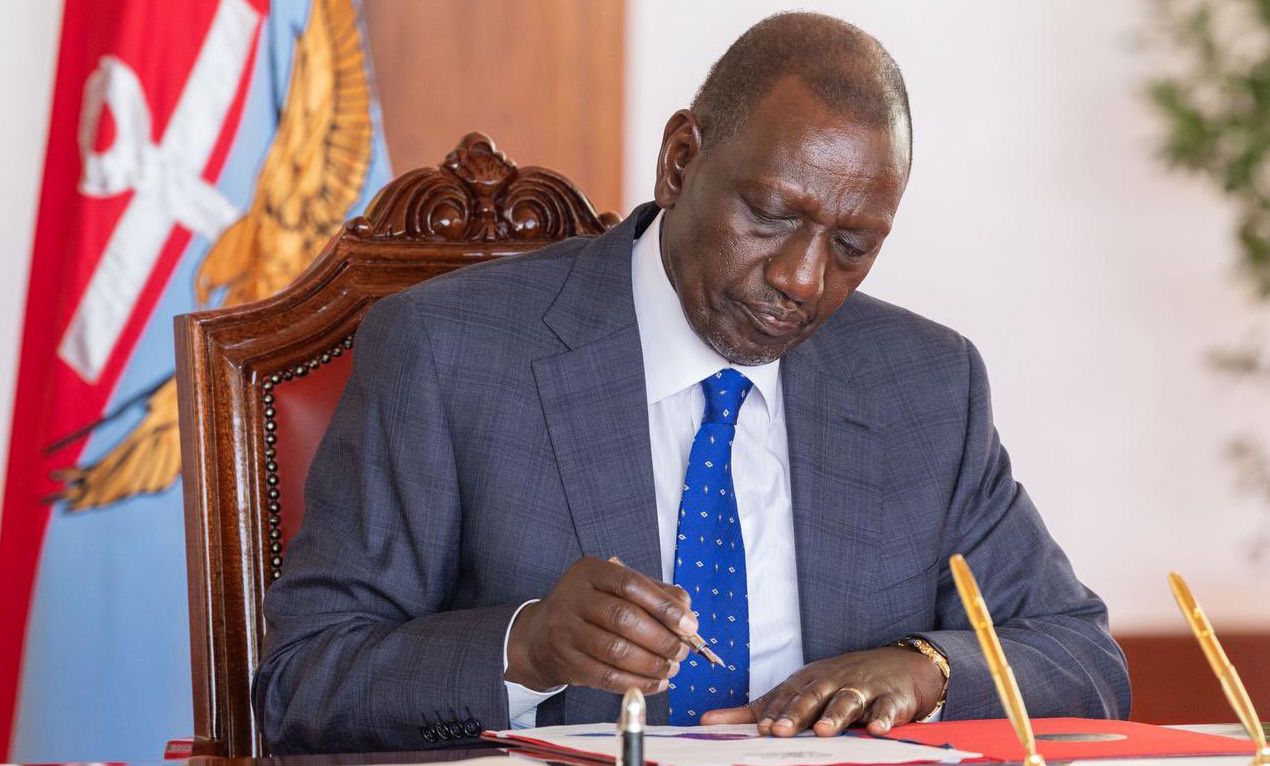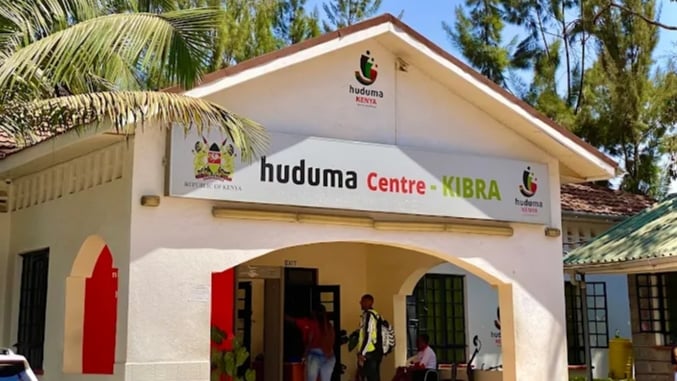Narok Senator Ledama Olekina has issued a warning after the Cabinet approved the privatization of the Kenya Pipeline Company (KPC).
In a brief statement on Thursday, July 31, Olekina warned that such a move could jeopardize national security and weaken public oversight over the company.
“Privatizing a national pipeline that’s key to security? Think twice. Critical infrastructure needs strong oversight, not profit-driven control,” he stated.
Olekina urged the government to reconsider the move, arguing that the risks far outweigh any potential economic benefits.
“Cyber threats, sabotage risks & weakened accountability are real dangers. The government must safeguard what protects us,” he added.
Read More

The Cabinet approved the privatization of Kenya Pipeline on Tuesday, July 29, following a meeting chaired by President William Ruto at State House.
The move set the stage for the sale of part of the company's shares to the public through the Nairobi Securities Exchange (NSE).
"The Cabinet gave the green light for the reinstatement of Kenya Pipeline Company (KPC) into the privatisation programme, paving the way for partial divestiture of government shares in a move aimed at democratising ownership by Kenyans at the Nairobi Securities Exchange and unlocking the company’s full commercial potential," a report from the Cabinet read.
The Cabinet noted that although KPC is profitable, it has yet to achieve its full market potential due to management challenges in the public sector.
"KPC, a strategic player in Kenya’s energy supply chain, has maintained a strong profitability record and holds significant asset value. However, the Cabinet noted that the company has not yet reached its optimum performance and market value, largely due to bureaucratic constraints and public sector inefficiencies.
"Bringing in private capital and professional expertise is expected to inject new energy into the company, modernise operations, and position KPC as a regional logistics and energy powerhouse," the report further read.
The Cabinet also pointed out cases where privatisation improved the performance of state-owned enterprises.
"Cabinet was reminded that similar moves in the past have yielded transformative results. Safaricom, Kenya Commercial Bank, and KenGen are prime examples of formerly State-controlled entities that became high-performing companies following privatisation, driving shareholder value, expanding regionally, and creating thousands of jobs.
"The divestiture of KPC is expected to follow this path, boosting investor confidence and supporting the development of Kenya’s capital markets," the report stated.







